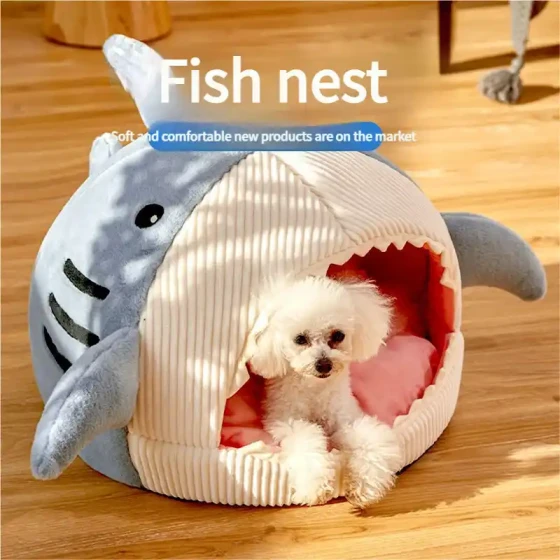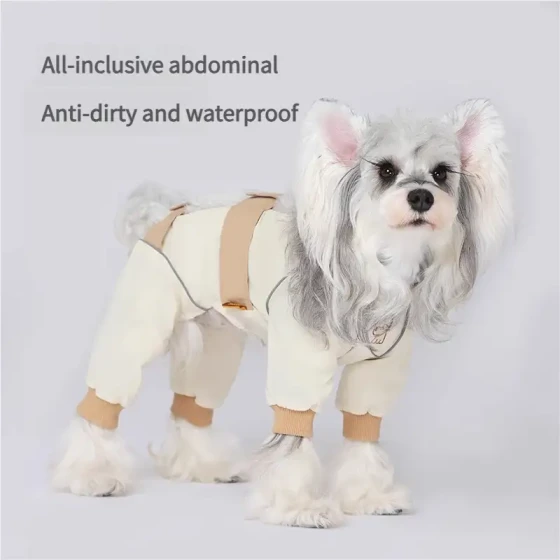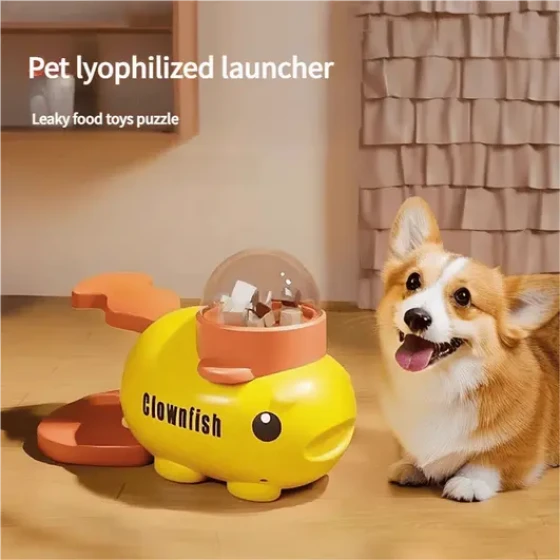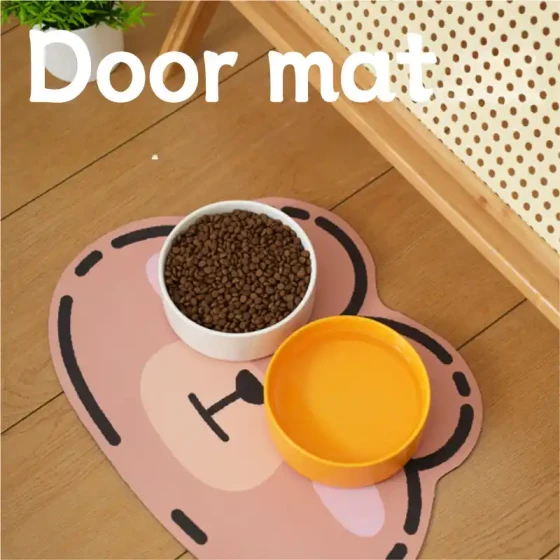Chihuahua Care Knowledge

Chihuahuas are divided into two breeds: long-haired and short-haired. The difference lies in their glossy coat. Besides a thick backcoat, long-haired Chihuahuas tend to shiver in cold seasons just like the short-haired ones. So, what should we pay attention to when raising a Chihuahua?
Care Tips
Special reminder: Chihuahuas are prone to difficult labor! Always consult a veterinarian before giving birth; if necessary, perform a cesarean section. Otherwise, unprepared situations can be fatal. This is a matter of life and death, do not take lightly.
Chihuahuas are small-sized, fearless of other dogs, and very possessive of their owners. They come in short-haired and long-haired varieties. The short-haired variety has shiny, close-fitting, and soft short hair which differs from the long-haired type. Long-haired Chihuahuas have a thick backcoat and tend to shiver like short-haired ones.
1. Generally, Chihuahuas have strong possessiveness, love to stay close to people, and like being held; they are clingy little dogs.
2. Chihuahuas have a strong biological clock, so they get sleepy at night at a certain time. Owners should not stay up late and affect the little dog's rest. Some also habitually take naps.
3. Chihuahuas are small and easily stepped on.
4. Excessive, oily, or very cold food can cause diarrhea and stomach chills.
5. Chihuahuas drink less water but must never be deprived of it.
6. Newly purchased Chihuahuas have weak immunity, harsh environments, and poor basic health from improper care. Avoid letting them contact sick dogs.
7. In autumn and winter, the temperature changes drastically; always keep Chihuahuas warm. Temperature fluctuations are entry points for illnesses.
8. Chihuahuas are afraid of firecrackers.
9. Vaccines should be from the same brand; otherwise, immunization may fail.
Over 80% of Chihuahua deaths are caused by dehydration from diarrhea!
Basic Care Knowledge
1. Follow the original feeding method and gradually change the feed: sudden changes cause digestive issues.
2. Feed on a fixed schedule and quantity: fear of the dog not eating well leads to random feeding of eggs, milk, or sausages by owner or friends; irregular feeding inevitably causes illness within three days.
3. Excessive play: Adults tease, children play, you hold, I tease—dogs get no rest, become fatigued, immunity weakens, and disease risk increases, especially for puppies who need at least 10 hours of sleep daily.
4. Not adapting to a new environment: Dogs leaving their original home and moving to an unfamiliar place feel lonely and miss their original owners. Lack of care leads to sickness. Puppies just weaned and separated from siblings are especially susceptible, and if food or room temperature is unsuitable, illness is more likely.
5. Improper bathing: Some owners think their dogs are dirty and bathe them immediately after purchase without drying them properly, making dogs prone to illness. Newly bought dogs should not be bathed immediately; observe for two days. Only vaccinate if no cold or diarrhea symptoms appear (vaccines contain small amounts of virus; a weak or sick dog will get worse).
6. Going out and contacting other dogs risks infection: Even vaccinated dogs do not have 100% protection, especially unvaccinated ones. Newly bought dogs should be isolated and observed, not taken out to play or allowed contact with other dogs or touched by other dog owners to prevent cross-infection.
7. If there are already dogs at home, new dogs must be isolated for several days to prevent infection of healthy resident dogs.
8. Always prepare medicines and supplies: thermometer, eye drops, cold medicine, antidiarrheal medicine, ear mite drops, lactobacillus tablets (to treat diarrhea and aid digestion). Medicines must be for children or pets. Also prepare several ice popsicle sticks (for temporary splints in case of accidental fractures to prevent secondary fractures).
9. Chicken liver should not exceed two portions per week as it affects bone development. Forbidden foods must be controlled (see "Dietary Taboos" section).
10. For puppies, keep warm. Line the bed with clothes, preferably using old sleeves modified into small clothes. Alternatively, purchase suitable Chihuahua clothing from pet shops.





-560x560.webp)